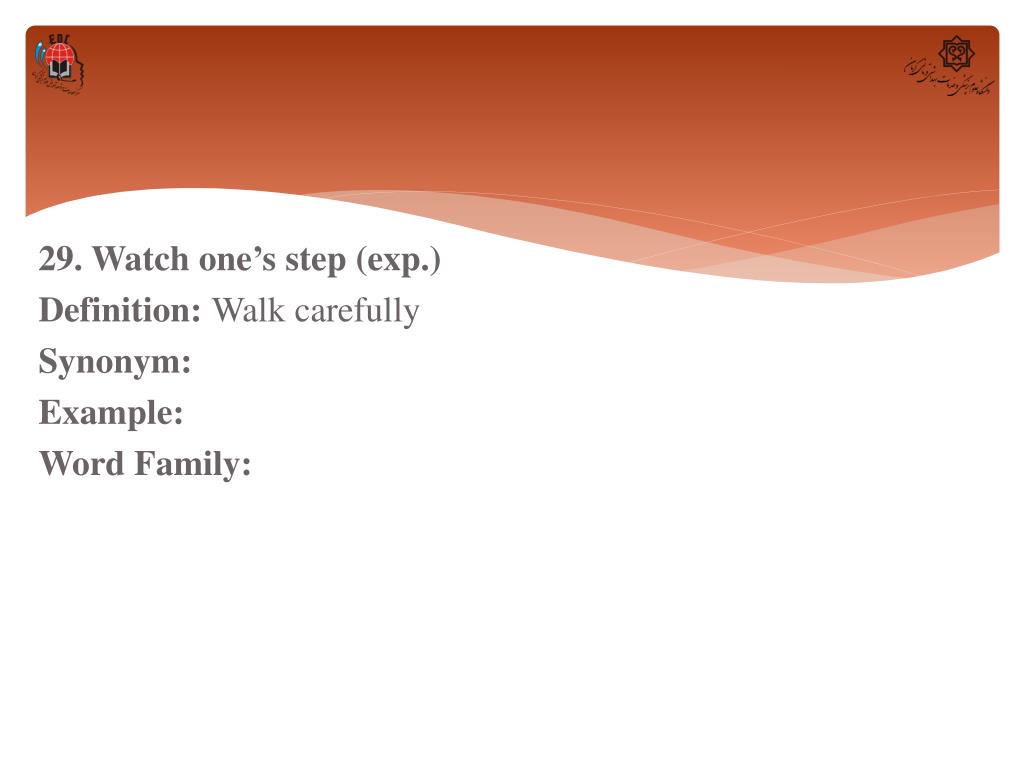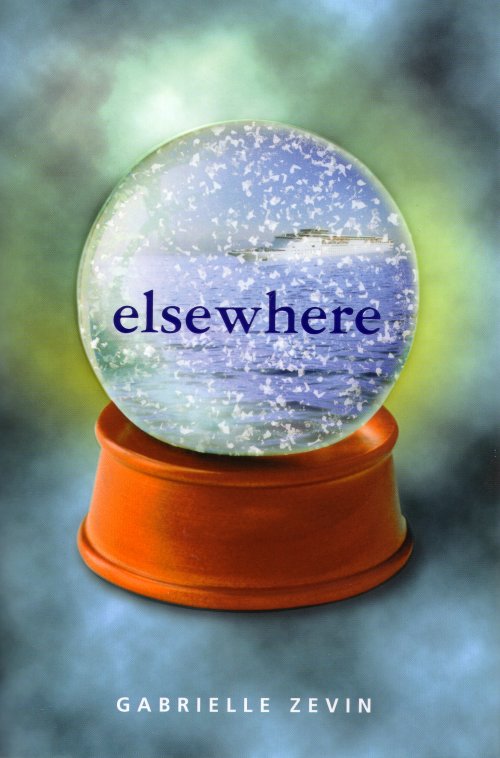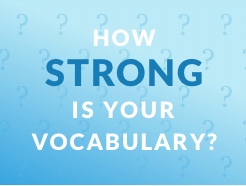
It is normal for your blood pressure to be different based on the time of day.Īll adults over the age of 18 should have their blood pressure checked every year. Your provider will measure your blood pressure many times before diagnosing you with high blood pressure.
Narrowed artery that supplies blood to the kidney ( renal artery stenosis)ĭiagnosing high blood pressure early can help prevent heart disease, stroke, eye problems, and chronic kidney disease. Medicines such as birth control pills, diet pills, some cold medicines, migraine medicines, corticosteroids, some antipsychotics, and certain medicines used to treat cancer. Disorders of the adrenal gland (such as pheochromocytoma or Cushing syndrome). High blood pressure that is caused by another medical condition or medicine you are taking is called secondary hypertension. Most of the time, no cause of high blood pressure is found. Have a family history of high blood pressure. Drink too much alcohol (more than 1 drink per day for women and more than 2 drinks per day for men). You have a higher risk of high blood pressure if you: High blood pressure increases your chance of having a stroke, heart attack, heart failure, kidney disease, or early death. When that happens, your blood pressure goes up. This is because your blood vessels become stiffer as you age. You are more likely to be told your blood pressure is too high as you get older. The condition of your kidneys, nervous system, or blood vessels. The amount of water and salt you have in your body. Many factors can affect blood pressure, including: If you have heart or kidney problems, or you had a stroke, your doctor may want your blood pressure to be even lower than that of people who do not have these conditions. If the top blood pressure number is between 120 and 130 mm Hg, and the bottom blood pressure number is less than 80 mm Hg, it is called elevated blood pressure. High blood pressure (hypertension) is when one or both of your blood pressure readings are higher than 130/80 mm Hg most of the time. Normal blood pressure is when your blood pressure is lower than 120/80 mm Hg most of the time. (Note: These numbers apply to people who are not taking medicines for blood pressure and who are not ill.) One or both of these numbers can be too high. For example, 120 over 80 (written as 120/80 mm Hg). The bottom number is called diastolic blood pressure. 
The top number is called systolic blood pressure. These include heart disease, stroke, kidney failure, eye problems, and other health issues.īlood pressure readings are given as two numbers.

Untreated high blood pressure can lead to many medical problems. Hypertension is the term used to describe high blood pressure. Oil will still be produced in Alberta, Canada, and shipped by rail or piped elsewhere, by halting the Keystone Pipeline the President is eliminating an opportunity for America to be more reliant on trusted North American friends and less reliant on other places - many of whom do not respect or share our values.Blood pressure is a measurement of the force exerted against the walls of your arteries as your heart pumps blood to your body. and that testing takes place and that their anti-doping organization continues to be dependent and works well and so on, it's not because we finish that we are going to be turning and looking elsewhere than Russia and the countries with which we are monitoring. That being said our work will continue in terms of compliance and making sure that the system in Russia stays. Hopefully one day we can finish with that one.


If I need to get to a ratio of 50:50 within five years, I need to get manpower equivalent to another 15,000 to 20,000 people from partnerships with suppliers and elsewhere. Cases might drop slightly but by and large, I think they will remain higher than the rates before the lockdown. , women in close proximity with abusive partners might be able to report and seek refuge elsewhere, issues like economic difficulties are still likely to persist, as well as dependence on male partners for financial support.








 0 kommentar(er)
0 kommentar(er)
